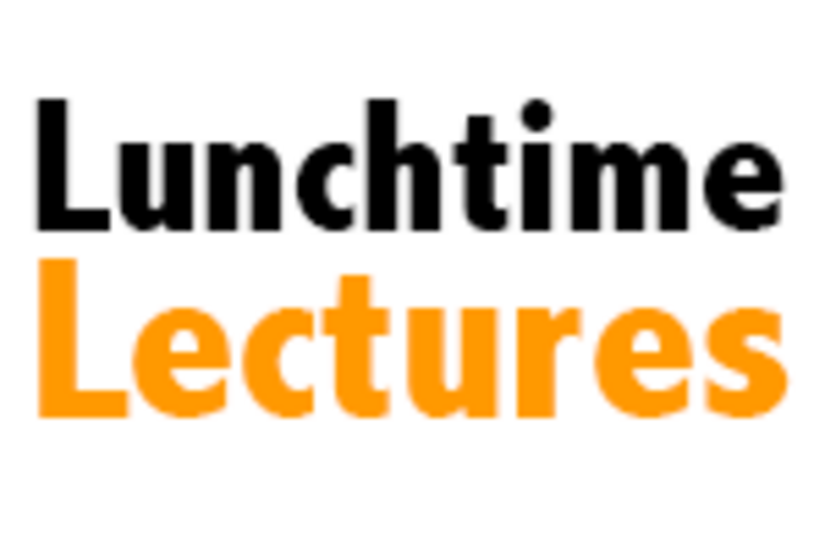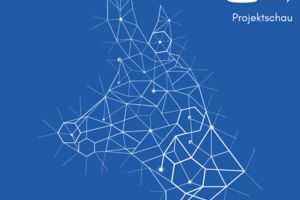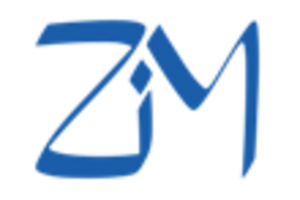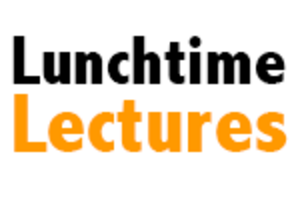Termin:
am 15.12.2015 um 12:30 Uhr
Abstract:
The main idea is to offer an e-learning application where users get the chance to receive online training for deciphering historical handwriting as well as to produce reliable transcriptions.
Humanities scholars, especially from the history domain, are often complaining that students nowadays have difficulties to read historical handwriting. This is especially true for countries, where historical handwriting changed substantially, e.g. in Central Europe where several writing styles (Kurrent, Sütterlin, normalized Sütterlin script) appeared during the last centuries. Figure 5 shows the alphabet of the German Kurrent as defined in 1832.
With the Transkribus e-learning application historians can direct their students to the READ platform so that they can learn in a practical way how to decipher historical handwriting as part of a private study.
But also volunteers and citizens shall benefit. They will feel much saver when contributing to a transcription, if they have the chance to learn and train themselves on the writing of a specific author, e.g. Jeremy Bentham. So in this case archives and memory organisations can use the e-learning application also to lower the barrier for potential crowd-users and volunteers to join a crowd-sourcing project.
The lunch lecture will not provide a ready e-learning system, but talk about the approaches and ideas how to realize such an application on the basis of the work already done at the research platform Transkribus.
Biografie Günter Mühlberger:
Seit Mitte der 1990er Jahre im Bereich Digital Humanities tätig. Veröffentlichungen zum deutschsprachigen Historischen Roman (zusammen mit Kurt Habitzel) und zur „Digitalen Wissenschaft“ (1999). Projektkoordinator verschiedener EU Forschungsprojekte, darunter METADATA ENGINE (2000-2003), in dem die erste Fraktur-OCR und das OCR Format ALTO (Analysed Layout und Text Object) entwickelt wurden. Initiator und Projektleiter für das Bibliotheksnetzwerk eBooks-on-Demand (2006-2011), das nunmehr von der ULB Tirol geleitet wird und dem knapp 40 Bibliotheken aus ganz Europa angehören. Leiter des Teilprojekts „Text Recognition“ im FP7 Projekt IMPACT (2008-2012), sowie Workpackage Leiter im FP7 Projekt tranScriptorium. Seit 2013 Aufbau der Forschungsinfrastruktur Transkribus, mit dem die Technologie der Handschriftenerkennung erstmals für die Öffentlichkeit zugänglich gemacht wird. Ab 2016 Koordinator des EU H2020 Projekts READ (Recognition and Enrichment of Archival Documents), das sich ebenfalls dem Thema Handschriftenerkennung historischer Dokumente widmen wird. Diverse Veröffentlichungen zu den Themenbereichen Digitalisierung, digitale Bibliothek, Digital Humanities, ...
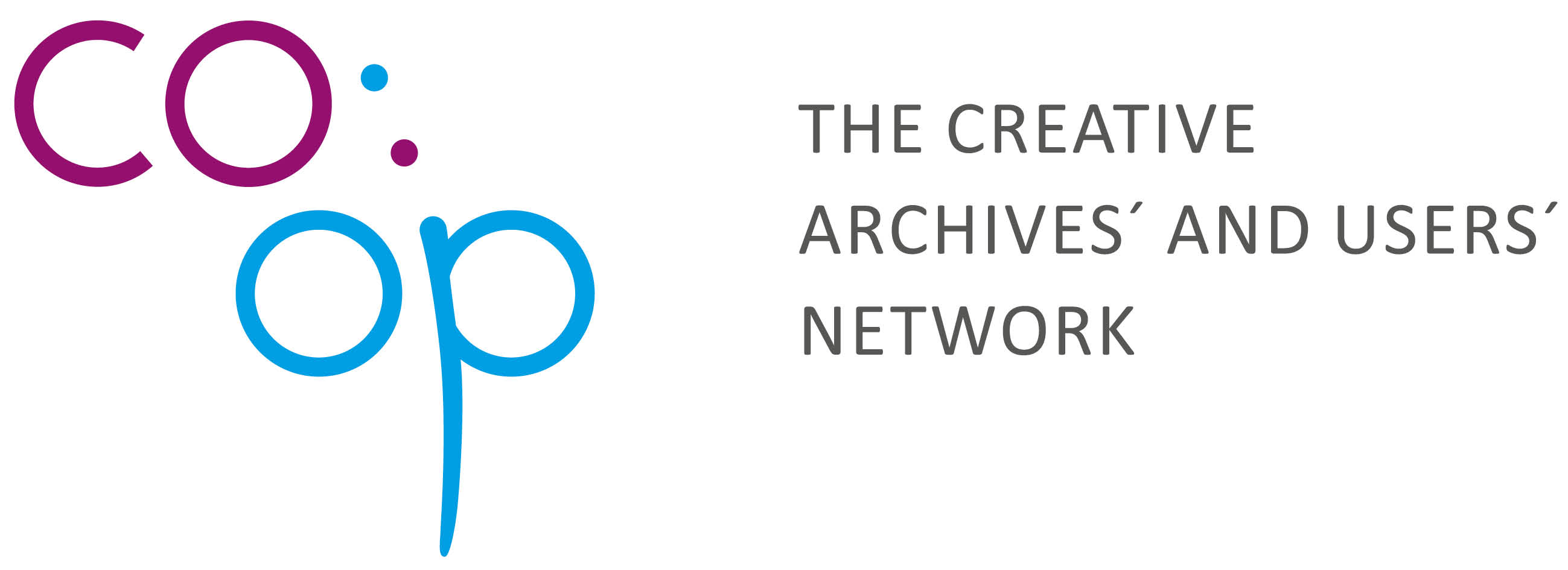

![]()

